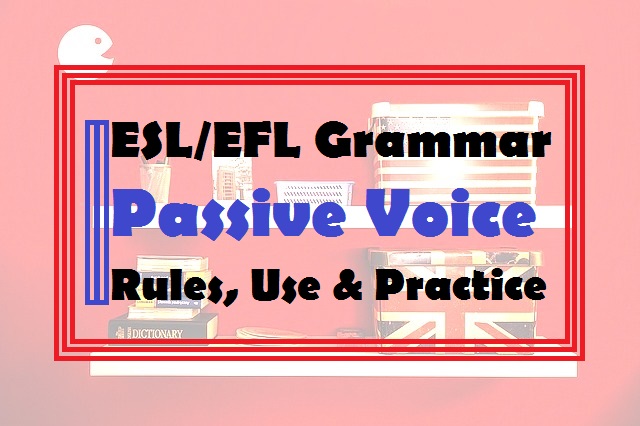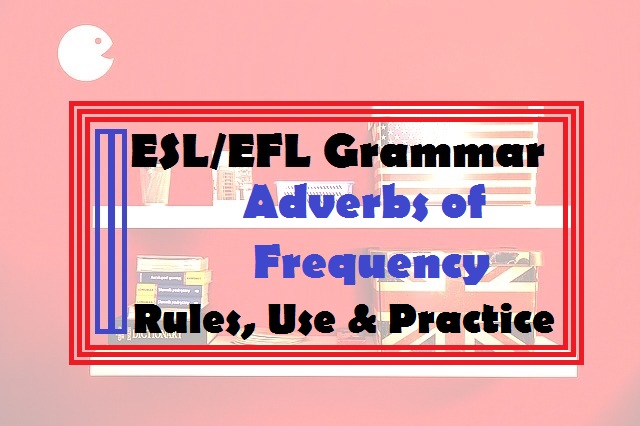English lessons: rules, use, and practice
The use of Gerund and Infinitive in English
A gerund is a noun made from a verb by adding “-ing.”
Examples:
- I like watching TV
- She enjoyed dancing in the party.
- I’m interested in attending the conference.
Infinitives are the “to” form of the verb.
Examples:
- She decided to go
- She refused to come
- I always pretend to be
It can be hard to remember which verbs are followed by the infinitive (the “to” form) of the verb and which are followed by the gerund (the” ing” form) of the verb.
Actually, there are certain rules to remember. Check the following table. It summarizes everything.
| Expressions | |
|
Expressions | – Be interested in – Would you mind.? – Be wort, fond of, afraid of – Can’t help /can’t bear – Look forward to – Be used to – I feel like – Be tired of |
| Examples of gerund in English |
| – I’m interested in knowing about cultures. – Would you mind opening the door, please ? – The Shawshank redemption is woth–watching – My daughter is fond of reading short stories. – She’s afraid of being alone at home. – I can’t help listening to Opera. – We look forward to recieving your letter. – I’ m not used to drinking coffee in the morning. – I don’t feel like watching anything today. – I’m tired of reviewing all these math lessons. |
| Expressions | |
|
Verbs used | – admit – deny – appreciate – avoid – consider – discuss – enjoy – finish – forgive – imagine – miss – practice – permit/allow – forbid – advice – think about – apologize for |
Expressions used with gerund in English |
| -The thief admitted stealing the money from the old lady. – He immediately denied killing his wife. – I don’t really appreciate watching cartoons these days. – “The best thing for you is to avoid smoking. – You shoud consider changing that attitude. – The teacher discused cheating with students. – We enjoyed watching all those great movies last week. – I haven’t finished reading that book yet. – Please forgive my miscalling your family name. – She can’t imagine living faraway from her family. – I miss talking to my mom on the phone. It’s been a long time. – Let’s practice writing narrative paragraphs. – Our English teacher permits using dictionaries during the exam. – Islam strictly forbids drinking alcohol and eating pork. – I advise using this method for better results. |
| Expressions | |
|
Verbs used | –try /attempt – bother – stop / cease – continue – suggest -hate / detest – Forget – remember – Like – love – afford – begin |
Expressions used with gerund and infinitive |
| He tried rescuing her, but failed. / He tried to rescue her, but failed. – She didn’t bother locking the door. / He didn’t bother to ask why. – He stopped smoking years ago. / He ceased to smoke years ago. – Please , continue reading. / Please, continue to read. – I suggest using the other computer. / I suggest to use the other one. – I intend going on a business trip. / I intend to go on a business trip. – I hate to wake up early on Sundays. / I detest waking up early. – She forgot bringing her textbook. / She forgot to bring her textbook. – He remembered his not closing the door. / He remembered to close it. – They don’t like swimming in lakes. / They like to swim in rivers. – She loves listening to Indian music. / I’d love to visit that city again. – His father can’t afford buying a car. / He can’t afford to buy a car. – You should begin to prepare for exams. / He has begun preparing . |
| Expressions | |
Verbs used | -want – decide – promise – agree – pretend – hope |
Examples of the infinitive in English |
| -I want to watch that video one more time, please. – They decided to build a new school in our village. – I promise to call you back as soon as I get home. – They both agreed not to talk over each other during the debate. – He pretends to be happy, although he is a very sad person at heart. – I hope to see you again soon. |
Use gerund after verb/adjective + preposition, automatically : |
| I apologized for misbehaving! / I don’t think she is good at making friends. / Lock the door before leaving! How can I succeed in studying physics? / We need to keep ongoing. / You can’t learn a language without making mistakes. We can improve our education by using technology. |
Use infinitive with these words : |
| – what / how – easy / difficult / hard – good / bad – important / necessary – impossible / – right (OK) / wrong / wise – happy / sad – proud / ready – rude / impolite |
| Examples |
| – She is not sure what to wear for the party. / My grandma didn’t know how to read. – It’s easy to say, but it’s difficult to do. / It becomes hard to learn new things as you get older. – It’s good to have power , but it’s bad to abuse it. – It’s not that important to bring all the documents, but it’s necessary to be there on ime. – I find it imposible to please everyone. – It’s OK to be born poor, but it’s wrong to die poor ; it’ll be wise to seek chances in life. – We’re happy to see you alive, but we’re sad to hear that your wife didn’t make it. – I’m proud to become a member of your staff, and I’m ready to prove my skills. – It’s rude to ignore your mother’s phone calls, and it’s impolite to talk about her this way ! |
| Bare Infinitive ( infinitive without “to” ) : |
| Use bare infintive after these English modals : had to, should , must , can , will , could , would , may /might , needn’t, don’t have to, shall, |
| -You should respect your friends. – Samir can lift heavy things -They would give him another chance. -You needn’t worry at all. |
| Use the bare infnitive after these verbs , when there’s a direct object involved : help, let, make , watch / see |
| -Mark helped his friend finish early. – Let me speak to them / Let’s go outside. – This sad story makes everyone cry. – I saw the director enter the building. – He watched his mother bake the cake. |
Comments







